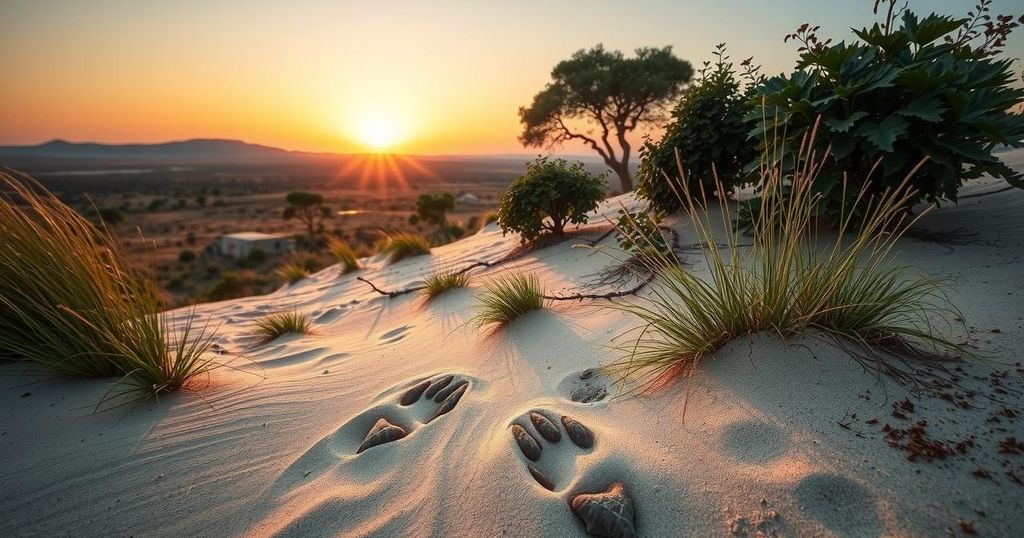The W-Arly-Pendjari Complex in West Africa serves as a vital refuge for endangered species, including small cats like servals, caracals, and African wildcats. Limited knowledge about their populations and ecological needs is exacerbated by regional conflict and lack of funding for research. As larger species receive more attention, the plight of small cats demands immediate focus to ensure their survival amid growing threats.
The W-Arly-Pendjari (WAP) Complex, spanning the borders of Benin, Burkina Faso, and Niger, serves as a crucial refuge for numerous endangered species. Despite housing small cats like servals, caracals, and African wildcats, limited information exists regarding their populations and threats they encounter. The ongoing presence of jihadist groups exacerbates research difficulties, preventing vital conservation efforts in this rich ecological area.
Covering approximately 34,000 square kilometers, the WAP Complex includes Pendjari National Park and Arly National Park, which are vital for retaining regional biodiversity. While larger species such as West African lions and savanna elephants attract significant conservation attention, the plight of smaller cats often remains overlooked. These small cats, classified as least concern by the IUCN, require concerted research efforts to understand their ecological roles and conservation needs.
“I would say that we barely know anything about them and the threats they are facing,” stated Marine Drouilly, a carnivore monitoring coordinator for Panthera. Current data about small cats primarily derive from camera traps set up to monitor larger carnivores, indicating that these little-known species face potential declines amid worsening security.
Research on small cats is critically underfunded, often regarded as less crucial in comparison to larger species, even though local populations may be at risk. The lack of financial resources hinders comprehensive studies that could reveal the population dynamics and ecological significance of servals, caracals, and African wildcats in the WAP Complex.
Threats from poaching for the wildlife trade, habitat destruction from livestock grazing, and seasonal burning of grasslands contribute to the challenges faced by these small cats. Measures need to be taken to mitigate loss of habitat and prevent increased human-wildlife conflict resulting from habitat encroachment.
Overall, security concerns diminish the ability of conservationists to work effectively in the WAP Complex, impacting research and intervention strategies. Despite the complex landscape of challenges, understanding the status of small cats in this region is vital for their survival and conservation. More thorough assessments and subsequent conservation interventions are essential for improving the situation of these felines in West Africa.
The WAP Complex in West Africa plays a pivotal role in supporting various endangered species, including small cats like servals, caracals, and African wildcats. However, ongoing conflict, research gaps, and insufficient funding hinder critical conservation efforts. Prioritizing research on these small felines is essential to ensure their survival and to foster improved conservation strategies in a region under constant threat from insecurity and habitat loss.
Original Source: news.mongabay.com






